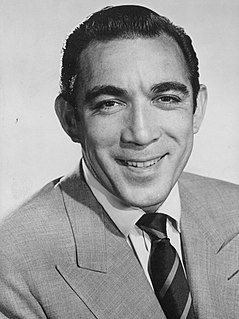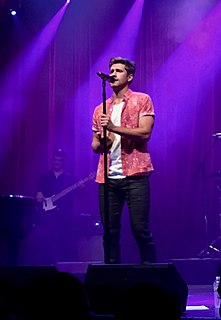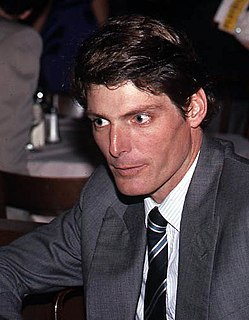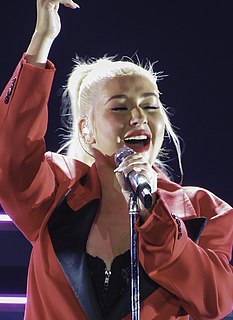A Quote by Anthony Quinn
On the stage, you have to find truth, even if you have to lose the audience.
Related Quotes
That's the thing about stage: It's something you can't find anywhere else. It's a two-and-a-half, three-hour experience, and it's a real relationship. You're sending out energy from the stage, but the audience is giving you back so much also, so that's also lifting you and pushing you forward as you're performing and giving you so much energy. You can't find it anywhere else, and that's why people get addicted to being on stage, and when they're not on stage are kind of looking for that and constantly searching for it.
We find a place for what we lose. Although we know that after such a loss the acute stage of mourning will subside, we also know that we shall remain inconsolable and will never find a substitute. No matter what may fill the gap, even if it be filled completely, it nevertheless remains something else.
I can feel how an audience is reacting when I'm on a stage, but when you are on stage, your perception is distorted. That's something you just have to know. It's like pilots that fly at high Gs and they lose, sometimes, consciousness and hand/eye coordination and they just have to know that that's going to happen. They have to be trained to not try to do too much while they are doing that. So when you are on stage, you have to be aware that you are wrong about how it feels a lot of times.
Normally classical music is set up so you have professionals on a stage and a bunch of audience - it's us versus them. You spend your entire time as an audience member looking at the back of the conductor so you're already aware of a certain kind of hierarchy when you are there: there are people who can do it, who are on stage, and you aren't on stage so you can't do it. There's also a conductor who is telling the people who are onstage exactly what to do and when to do it and so you know that person is more important than the people on stage.
You see, what is my purpose of performance artist is to stage certain difficulties and stage the fear the primordial fear of pain, of dying, all of which we have in our lives, and then stage them in front of audience and go through them and tell the audience, 'I'm your mirror; if I can do this in my life, you can do it in yours.'
You see, what is my purpose of performance artist is to stage certain difficulties and stage the fear the primordial fear of pain, of dying, all of which we have in our lives, and then stage them in front of audience and go through them and tell the audience, I'm your mirror; if I can do this in my life, you can do it in yours.
With theatre, you can interpret the most complex play on stage for it have meaning to an audience because you're dealing in images, you're dealing in action, you can use different idioms to interpret and clarify something which is obscured in the reading and of course there are different kinds of play, there are mythological plays, there are what I call the dramatic sketches, direct political theatre which is virtually everybody, but I find that you can use the stage as a social vehicle, you know, which any kind of audience.


































